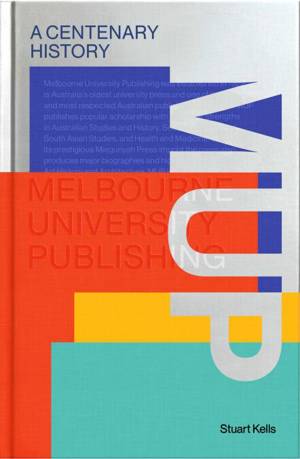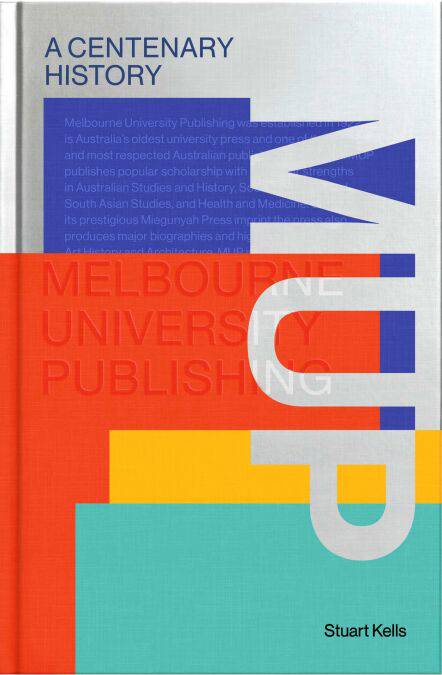
Door een staking bij bpost kan je online bestelling op dit moment iets langer onderweg zijn dan voorzien. Dringend iets nodig? Onze winkels ontvangen jou met open armen!
- Afhalen na 1 uur in een winkel met voorraad
- Gratis thuislevering in België vanaf € 30
- Ruim aanbod met 7 miljoen producten
Door een staking bij bpost kan je online bestelling op dit moment iets langer onderweg zijn dan voorzien. Dringend iets nodig? Onze winkels ontvangen jou met open armen!
- Afhalen na 1 uur in een winkel met voorraad
- Gratis thuislevering in België vanaf € 30
- Ruim aanbod met 7 miljoen producten
Zoeken
Omschrijving
Australia's oldest university press is also one of our best known and most trusted publishers. Founded in 1921 as a bookshop for students at the University of Melbourne, Melbourne University Press was soon publishing important works that contained the best of national scholarship. Landmark MUP books and series include The Australian Dictionary of Biography, Manning Clark's History of Australia, The Encyclopaedia of New Guinea and the journal Meanjin. These and other MUP publications helped shape how Australians perceived themselves, and how they talked about literature, politics, race, the Pacific, the world wars and public policy. From its inception, MUP grappled with hard questions. How should a university press be governed? To what extent should such a press be concerned with political, polemical and radical works? And can a university press be financially self-sustaining if it focuses on books that commercial publishers overlook? The respective leaders of MUP answered these questions in ways that regularly led the press into controversy. Using a century of MUP publications and archives, Stuart Kells has written a rich and fascinating history of an invaluable Australian institution-one that is widely seen as public property, and whose ups and downs have always been news.
Specificaties
Betrokkenen
- Auteur(s):
- Uitgeverij:
Inhoud
- Aantal bladzijden:
- 544
- Taal:
- Engels
Eigenschappen
- Productcode (EAN):
- 9780522878103
- Verschijningsdatum:
- 6/02/2023
- Uitvoering:
- E-book
- Beveiligd met:
- Adobe DRM
- Formaat:
- ePub

Alleen bij Standaard Boekhandel
+ 24 punten op je klantenkaart van Standaard Boekhandel
Beoordelingen
We publiceren alleen reviews die voldoen aan de voorwaarden voor reviews. Bekijk onze voorwaarden voor reviews.











